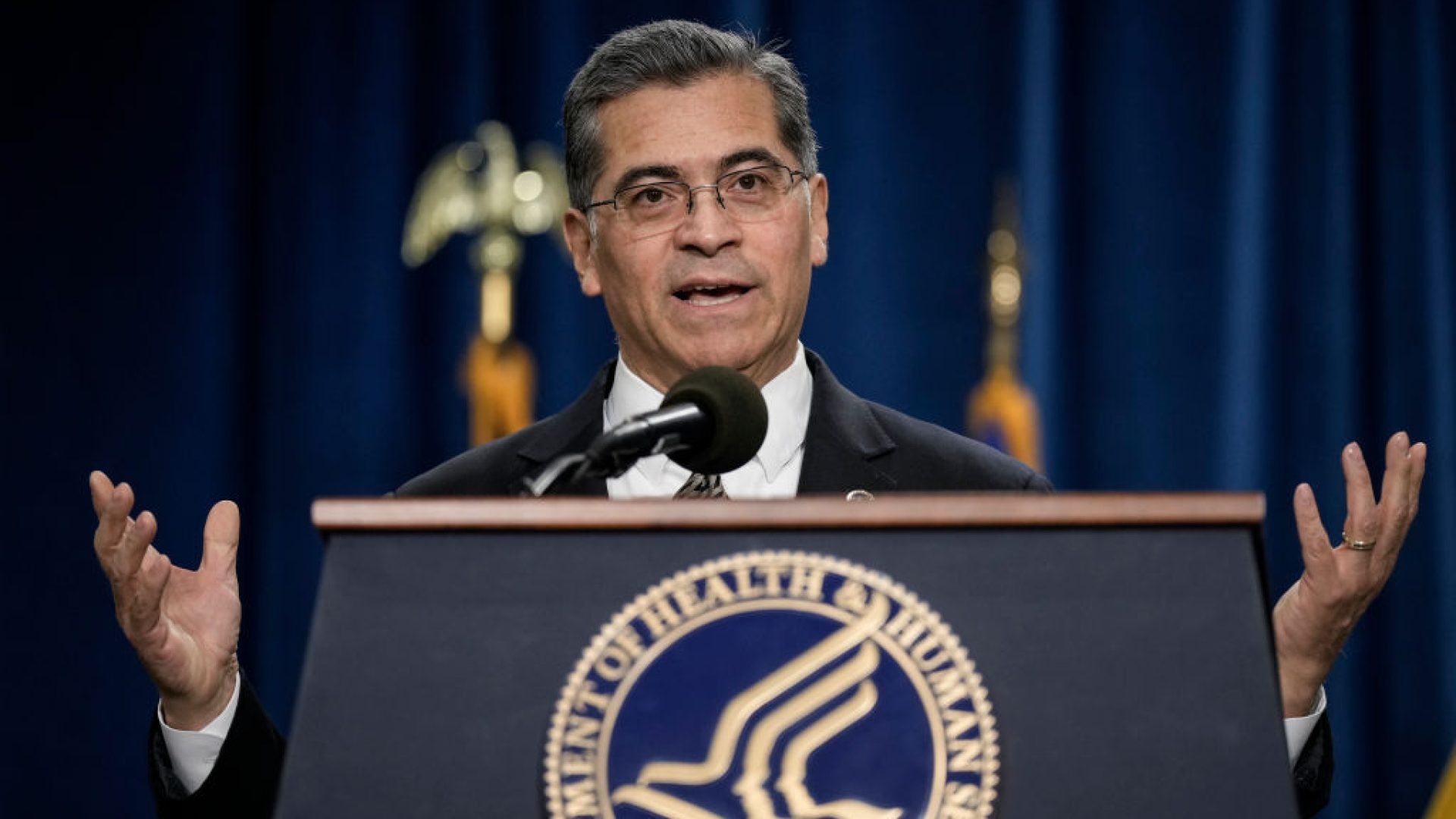
Weed smokers in the USA could be getting the green light to get high, as health regulators contemplate loosening marijuana restrictions.
The U.S. Health and Human Services Department (HHS) “has recommended taking marijuana out of a category of drugs deemed to have ‘no currently accepted medical use and a high potential for abuse.’ The agency advised moving pot from that ‘Schedule I’ group to the less tightly regulated ‘Schedule III.’”
The recommendation from HHS was the result of an almost yearlong review of research on marijuana, and “Biden’s executive action…also included federal pardons for low-level marijuana convictions.”
While the recommendation has been received, presently, nothing has changed. In order to reschedule, or in layman’s terms, reclassify marijuana, the Drug Enforcement Administration (DEA) will have to “take up the issue.” The reviewing process is extremely lengthy and will also involve seeking out public comments.
Although the White House is not commenting on the review process, this was “initiated by President Joe Biden last October,” however; “[t]he DEA is not required to follow HHS’s recommendation.”
According to Politico, this would be “potentially the biggest change in federal drug policy in decades.”
Even though there’s been no technical change in policy as of yet, Vince Sliwoski, a Portland cannabis attorney calls this recommendation “paradigm-shifting, and it’s very exciting,” adding “I can’t emphasize enough how big of news it is.”
So what will actually change if marijuana does get rescheduled to Schedule III? Taxes. Presently, marijuana businesses face a higher tax burden and they are prohibited “from taking credits or deductions other than those for costs of goods sold,” the law firm McGlinchey Stafford states. In addition, this will also make it easier to study, and “open up many research pathways, allowing U.S. researchers to better understand the cannabis plant and the interactions it has with the human body and mind. This will likely lead to the development of additional marijuana-based drugs, which will require a prescription for use,” the firm continues.
Of note, this change will not legalize marijuana programs at the state-level, and while this is a step forward, other advocates of legalizing marijuana do not think the Biden administration is going far enough.
Given that criminal penalties for marijuana will largely remain the same, Drug Policy Alliance’s director of drug markets and regulation Cat Packer said “This shift would fall woefully short of the promises made by President Biden during his 2020 presidential election campaign, especially promises made to Black and Brown communities.”
As cannabis advocate Justin Strekal noted, “Rescheduling cannabis from 1 to 3 does not end criminalization, it just rebrands it. People will still be subject to criminal penalties for mere possession, regardless of their legal status in a state-level medical program.”